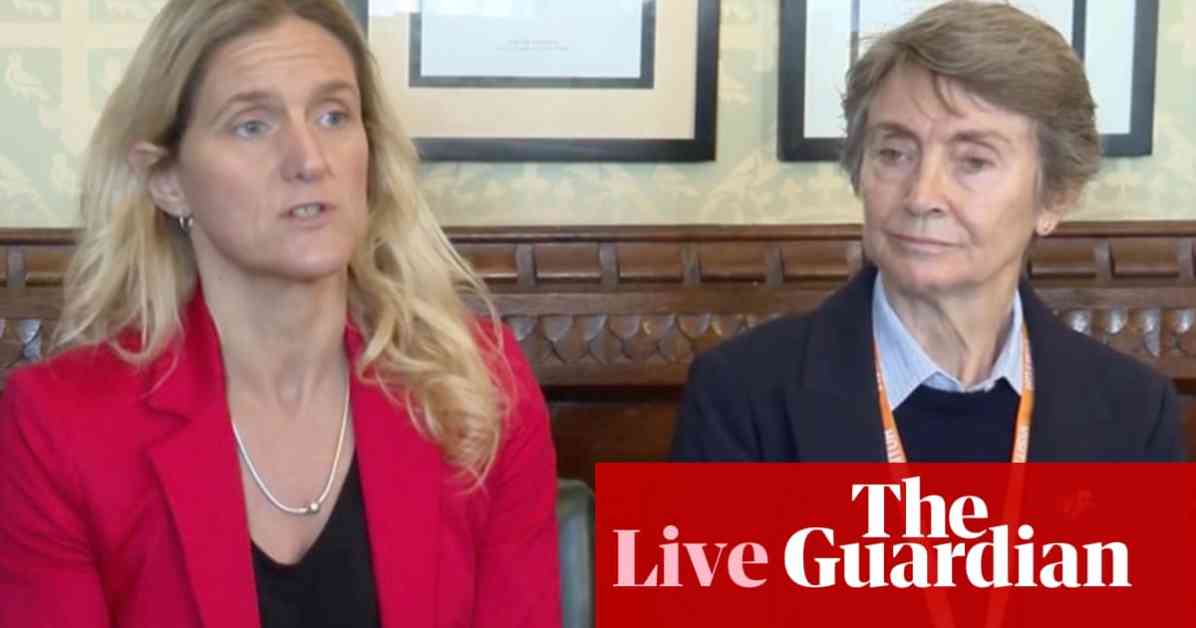Kim Leadbeater, a prominent campaigner for assisted dying in the UK, recently shared her expectations regarding the usage of this law once it is implemented. She mentioned that based on evidence from other countries, it is estimated that between 0.5% to 3% of deaths would be covered under this law. Initially, she anticipates that the numbers of people utilizing this option would be in the hundreds per year.
Leadbeater also highlighted the importance of the legal process involved in assisted dying cases. She emphasized that the hearings would not be a mere formality but would involve substantive consideration. While the bill does not specify whether the court hearings would be public or private, the details of the process would be determined at a later stage.
During a press conference, Keir Starmer, the leader of the Labour Party, addressed various questions related to assisted dying and climate goals. He emphasized the need for safeguards in the assisted dying bill and stated that MPs would have the freedom to vote according to their beliefs. Starmer also reiterated the government’s commitment to climate security, stating that without it, there can be no national, economic, or global security.
Additionally, Leadbeater mentioned that people with disabilities who are not terminally ill are not covered by the bill. She expressed solidarity with disabled individuals and highlighted the importance of protecting the rights of the terminally ill as well. Leadbeater outlined the legislative process that the bill would undergo if it passes its second reading, including a bill committee review and debates in the chamber before proceeding to the House of Lords.
As the debate on assisted dying continues, Leadbeater acknowledged that some MPs are still undecided on the issue. However, she noted a shift in attitudes since a similar bill was defeated in 2015, indicating that there is growing support for the legislation. Despite uncertainties about the bill’s passage, Leadbeater remains hopeful that those who have witnessed the suffering of a loved one during their final days may be more inclined to support the bill.
In conclusion, the discussion on assisted dying in the UK highlights the complex ethical, legal, and societal considerations surrounding end-of-life choices. As advocates, lawmakers, and the public engage in debates on this sensitive issue, the need for compassion, understanding, and respect for individual rights remains paramount. The evolving conversation on assisted dying reflects a broader societal dialogue on healthcare, autonomy, and the fundamental principles that shape our approach to life and death.












